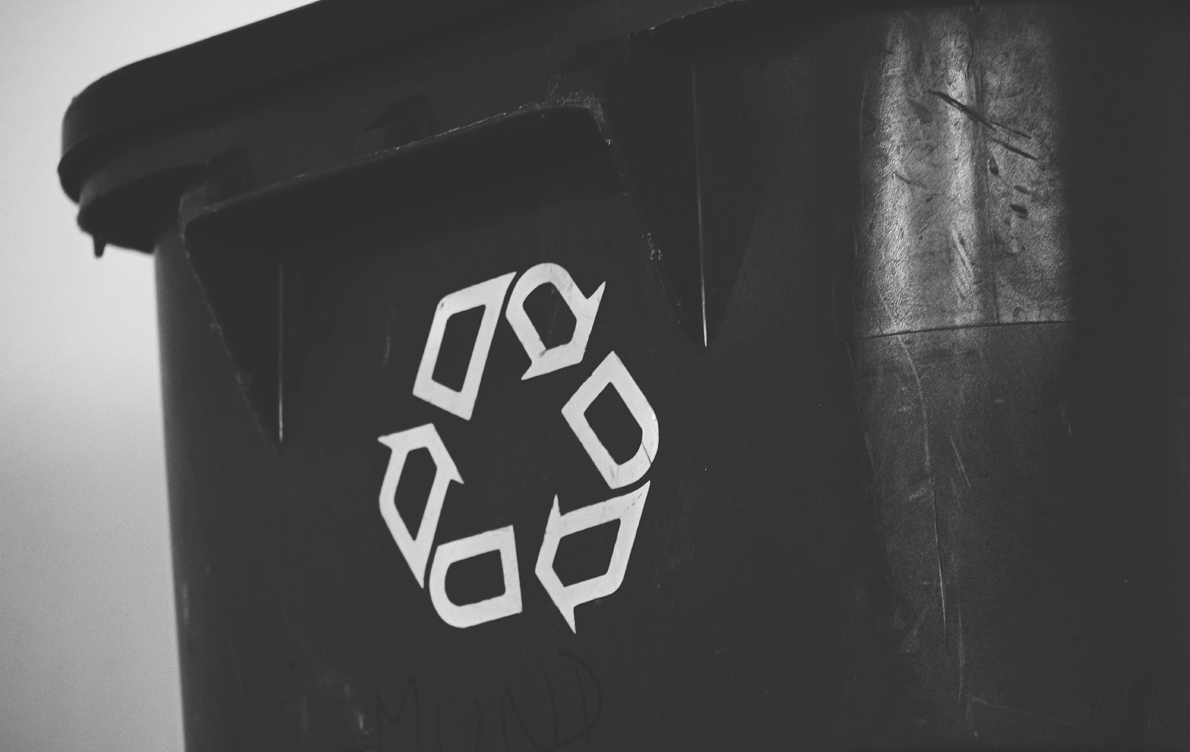U.S. EPA Issues Enforcement Discretion Guidance as COVID-19 Challenges the Regulated Community
The U.S. Environmental Protection Agency (EPA) has announced that it will temporarily exercise enforcement discretion, retroactive to March 13, 2020, in response to certain facility and operational non-compliance situations resulting from the COVID-19 pandemic.
EPA’s policy applies to noncompliance situations that generally fall in the realm of routine monitoring and reporting; settlement agreement and consent decree reporting obligations and milestones; failure of control or treatment equipment; and hazardous waste generation and disposal.
It is important to note that this policy does not relieve any party from the obligation under federal law to prevent, respond to, and report accidental discharges and releases of oil, hazardous substances, and other pollutants. This policy also does not apply to criminal enforcement for intentional violations of the law.
To qualify for enforcement discretion under the EPA’s temporary policy, companies must take specific steps, including but not limited to:
- Make every effort to meet environmental compliance obligations. If compliance is not reasonably practicable, then act responsibly to minimize the effects and duration of noncompliance. Also, document the noncompliance and how COVID-19 was the cause. For noncompliance situations not specifically addressed in the policy, EPA will look at whether these measures were taken to determine if enforcement discretion is appropriate.
- Use existing procedures for reporting noncompliance related to routine compliance monitoring and reporting. If reporting is not reasonably practicable, then maintain the information internally and make it available to EPA or the authorized state upon request. EPA does not expect to seek penalties for routine compliance monitoring and reporting but expects full compliance after the policy is terminated. EPA also does not plan to ask facilities to “catch-up” with missed monitoring or reporting for intervals of less than three months.
- Provide digital or electronic signatures on required paper submissions. EPA will not consider the inability to obtain a “wet” signature as justification for failing to make a submission.
- Use notice provisions, including notification of a force majeure, under administrative settlement agreements and consent decrees if enforceable milestones will be missed. EPA will coordinate with the U.S. Department of Justice to exercise enforcement discretion for stipulated penalties under judicially enforceable consent decrees.
- Contact the appropriate governmental authorities if facility operations impacted by COVID-19 may create an acute risk or imminent threat to human health or the environment. EPA plans to focus its resources largely on situations that may result in acute risk or imminent threat to human health or the environment.
- Provide notification as quickly as possible of the failure of air emission control or waste water treatment systems, or other facility equipment that may result in exceedances of enforceable limits. Companies should detail in the notice the duration, timing, and identity of pollutants discharged or released as a result of the failure.
- Continue to properly label and store hazardous waste, for hazardous waste generators that cannot transfer waste off-site within the regulatory time period. If these steps are met, EPA will not treat generators as treatment, storage, and disposal facilities, and will allow companies to maintain their current generator status even if regulatory volume thresholds are exceeded.
More information on EPA’s temporary policy can be found here.
Cole Schotz P.C. Environmental Attorneys are available to address any questions you may have on EPA’s temporary policy or on environmental law impacts to your business as a result of COVID-19. We will continue to provide updates as the situation evolves.
No aspect of this advertisement has been approved by the highest court in any state.
Results may vary depending on your particular facts and legal circumstances.
As the law continues to evolve on these matters, please note that this article is current as of date and time of publication and may not reflect subsequent developments. The content and interpretation of the issues addressed herein is subject to change. Cole Schotz P.C. disclaims any and all liability with respect to actions taken or not taken based on any or all of the contents of this publication to the fullest extent permitted by law. This is for general informational purposes and does not constitute legal advice or create an attorney-client relationship. Do not act or refrain from acting upon the information contained in this publication without obtaining legal, financial and tax advice. For further information, please do not hesitate to reach out to your firm contact or to any of the attorneys listed in this publication.
Join Our Mailing List
Stay up to date with the latest insights, events, and more







